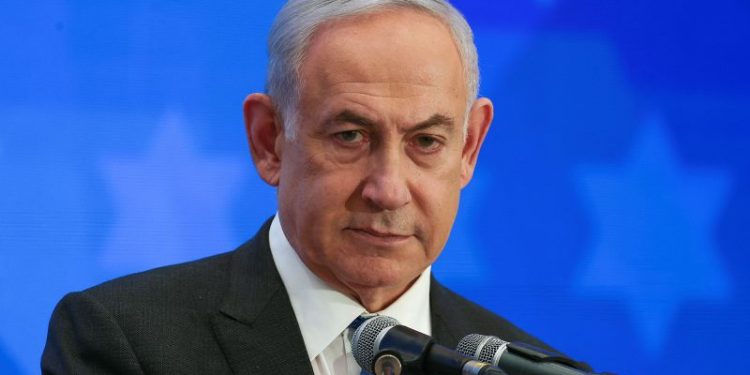Israel has decided not to send a delegation to Cairo for talks regarding Gaza, as confirmed by an Israeli official. This decision comes amid continuous conflict and tension in the region, signaling a shift in diplomatic engagement.
The decision not to participate in talks in Cairo can be seen as a reflection of Israel’s current strategic calculations. By abstaining from the negotiations, Israel may be signaling its dissatisfaction with the direction of the talks, or it could be a tactical move to reassess its approach to the conflict in Gaza.
Furthermore, the absence of an Israeli delegation at the Cairo talks is likely to have implications for the ongoing ceasefire efforts in Gaza. With Israel not present at the negotiating table, there may be challenges in reaching a comprehensive agreement that addresses the root causes of the conflict and paves the way for a lasting peace in the region.
The Israeli official’s announcement underscores the complexities and sensitivities of the situation in Gaza. The conflict has deep historical, political, and territorial roots, making it a highly challenging issue to resolve through dialogue alone.
In the absence of Israeli participation in the talks, other stakeholders involved in the conflict, including the Palestinian authorities, regional actors, and international mediators, may need to reconsider their strategies and approaches to facilitate progress towards a peaceful resolution.
Ultimately, the decision by Israel not to send a delegation to Cairo for Gaza talks is a significant development that underscores the ongoing complexities and challenges in the region. It highlights the need for continued international engagement and cooperation to address the underlying issues fueling the conflict and to work towards a sustainable peace for all parties involved.

















